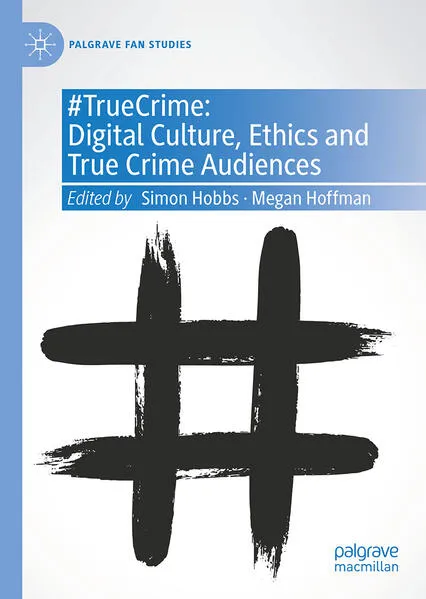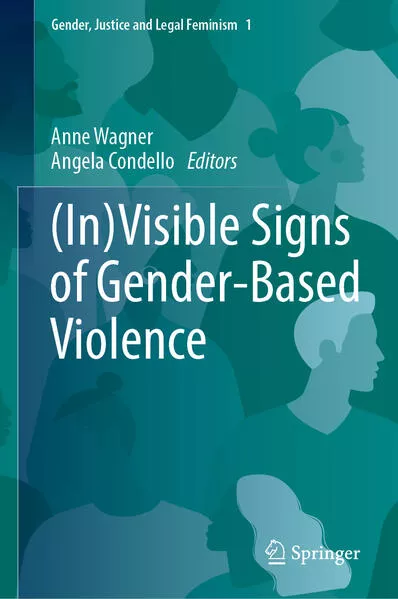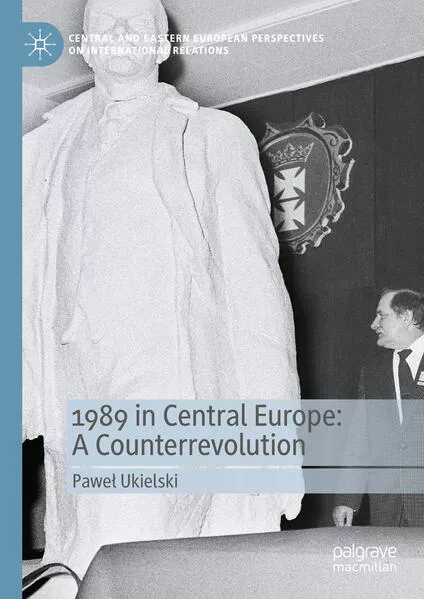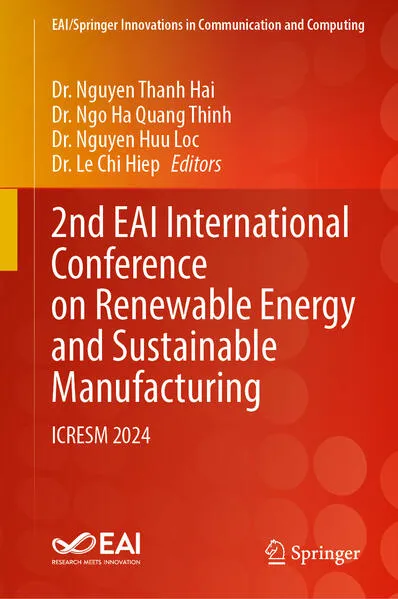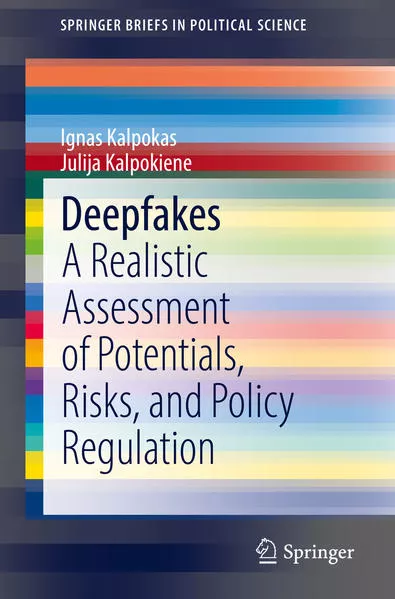
Ignas Kalpokas
Deepfakes
- A Realistic Assessment of Potentials, Risks, and Policy Regulation
ISBN: 978-3-030-93802-4
87 Seiten | € 42.79
E-Book [Kindle]
Dieses Buch gehört zur Reihe Political Science and International Studies und enthält ca. 214 Folgen.
Erscheinungsdatum:
16.02.2022
Politik
Ignas Kalpokas
Deepfakes
A Realistic Assessment of Potentials, Risks, and Policy Regulation
This book examines the use and potential impact of deepfakes, a type of synthetic computer-generated media, primarily images and videos, capable of both creating artificial representations of non-existent individuals and showing actual individuals doing things they did not do. As such, deepfakes pose an obvious threat of manipulation and, unsurprisingly, have been the subject of a great deal of alarmism in both the news media and academic articles.
Hence, this book sets out to critically evaluate potential threats by analyzing human susceptibility to manipulation and using that as a backdrop for a discussion of actual and likely uses of deepfakes. In contrast to the usual threat narrative, this book will put forward a multi-sided picture of deepfakes, exploring their potential and that of adjacent technologies for creative use in domains ranging from film and advertisement to painting. The challenges posed by deepfakes are further evaluated with regard topresent or forthcoming legislation and other regulatory measures. Finally, deepfakes are placed within a broader cultural and philosophical context, focusing primarily on posthumanist thought.
Therefore, this book is a must-read for researchers, students, and practitioners of political science and other disciplines, interested in a better understanding of deepfakes.
Hence, this book sets out to critically evaluate potential threats by analyzing human susceptibility to manipulation and using that as a backdrop for a discussion of actual and likely uses of deepfakes. In contrast to the usual threat narrative, this book will put forward a multi-sided picture of deepfakes, exploring their potential and that of adjacent technologies for creative use in domains ranging from film and advertisement to painting. The challenges posed by deepfakes are further evaluated with regard topresent or forthcoming legislation and other regulatory measures. Finally, deepfakes are placed within a broader cultural and philosophical context, focusing primarily on posthumanist thought.
Therefore, this book is a must-read for researchers, students, and practitioners of political science and other disciplines, interested in a better understanding of deepfakes.
Unterstütze den lokalen Buchhandel
Nutze die PLZ-Suche um einen Buchhändler in Deiner Nähe zu finden.
Bestelle dieses Buch im Internet
| Veröffentlichung: | 16.02.2022 |
| Seiten | 87 |
| Art des Mediums | E-Book [Kindle] |
| Preis DE | EUR 42.79 |
| Preis AT | EUR 44.00 |
| Reihe | Political Science and International Studies |
| ISBN-13 | 978-3-030-93802-4 |
| ISBN-10 | 3030938026 |
Über den Autor
Ignas Kalpokas is an Associate Professor at the Department of Public Communication at Vytautas Magnus University, Lithuania, and an Associate Professor of International Relations and Development at the Department of Social Sciences at LCC International University, Lithuania. His research focuses on Cyber Politics, Political Theory, Critical Theory, Social Media, Communication, and Big Data.
Julija Kalpokiene is a member of the Faculty of Law at Vytautas Magnus University, Lithuania, and a lawyer. Her research focuses on IP, Tech & Data protection law, as well as Cyberspace and internet regulation, AI, and data.
Diesen Artikel teilen
0 Kommentar zu diesem Buch
.... weitere Publikationen von Springer International Publishing
Leserunde
Okkultes Historiendrama über den bedeutendsten Geheimkult der Antike - Spannung, Archäologie, Liebe und Mystery
Bewerbungsfrist bis zum: 17.03.2026




